
The tech industry offers a wide range of exciting career opportunities, and two popular fields that often attract aspiring engineers are Very Large Scale Integration and Embedded Systems. Both play a critical role in the development of modern technology, from consumer electronics to advanced computing systems. But how do you decide which career path is right for you? Let’s explore both fields in detail to help you make an informed choice.
What is VLSI?
VLSI focuses on the design and development of integrated circuits (ICs). It involves the process of packing millions, or even billions, of transistors onto a single chip to create highly efficient systems. Applications of VLSI include:
- Microprocessors and GPUs
- Memory chips (RAM, ROM, etc.)
- Application-specific integrated circuits (ASICs)
Key skills required :
- Proficiency in hardware description languages (HDLs) like Verilog and VHDL
- Knowledge of Electronic Design Automation (EDA) tools
- Strong understanding of digital logic design and semiconductor physics
Career opportunities :
- Front-end design engineer
- Physical design engineer
- Verification engineer
- Layout design engineer
The field is highly rewarding but requires deep technical expertise and often demands working on cutting-edge technologies.
What is Embedded Systems?
Embedded systems involve designing and developing software and hardware that operate within larger systems. These are dedicated systems tailored for specific tasks, such as controlling a washing machine or running an automotive engine.
Applications of embedded systems include:
- Consumer electronics (smart TVs, smartphones)
- Automotive systems (anti-lock braking systems, infotainment)
- IoT devices (smart home gadgets, wearable tech)
Key skills required for embedded systems professionals:
- Proficiency in programming languages like C and C++
- Understanding of microcontrollers and microprocessors
- Knowledge of real-time operating systems (RTOS)
Career opportunities in embedded systems:
- Embedded software engineer
- Firmware developer
- System architect
- IoT developer
Embedded systems careers offer versatility and are well-suited for individuals with a passion for both hardware and software development.
Comparing VLSI and Embedded Systems
1. Focus Area
- VLSI: Primarily hardware-focused, dealing with chip design and manufacturing.
- Embedded Systems: A balance between hardware and software, with an emphasis on system-level functionality.
2. Learning Curve
- VLSI: Requires a strong background in electronics and physics, and often involves mastering complex EDA tools.
- Embedded Systems: Easier to get started if you’re familiar with programming and basic hardware concepts.
3. Job Market
- VLSI: High demand in semiconductor companies like Intel, Qualcomm, and NVIDIA.
- Embedded Systems: Opportunities span various industries, including automotive, healthcare, and IoT.
4. Salary Prospects
- Both fields offer competitive salaries, but roles often command higher pay due to the specialized nature of the work.
5. Growth Opportunities
- VLSI: Ideal for those aiming to work on cutting-edge technology like AI chips and advanced computing systems.
- Embedded Systems: Great for those interested in system-level integration and IoT applications.
How to Choose the Right Path
Consider the following factors when choosing between courses
- Your interests: Are you more inclined toward hardware design, or do you prefer a mix of hardware and software?
- Educational background: If you have a strong foundation in electronics, VLSI might be a better fit. For those with programming experience, embedded systems could be the way to go.
- Career goals: VLSI is ideal for those wanting to work in the semiconductor industry, while embedded systems offer diverse opportunities across multiple sectors.
Conclusion
Both VLSI and Embedded Systems offer promising career paths, each with its unique challenges and rewards. VLSI is perfect for those passionate about chip design and cutting-edge hardware, while Embedded Systems cater to those who enjoy developing versatile, system-level solutions. By aligning your interests and strengths with the demands of these fields, you can embark on a fulfilling and successful career.
Also Read : fpga architecture in vlsi
To know more about VLSI Course , SuccessBridge VLSI training institute. You can begin your VLSI career by enrolling in the placement-assisted live courses available at SuccessBridge We offer various VLSI online courses. We offer VLSI Physical Design course, Design Verification course, DFT Training , Chip design course many more. Explore Courses From The Leaders In VLSI Training

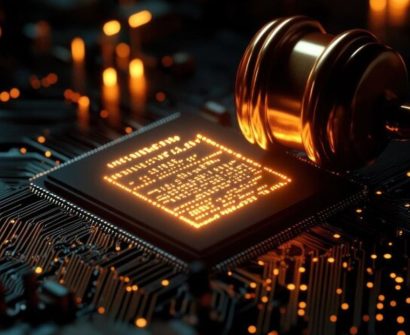
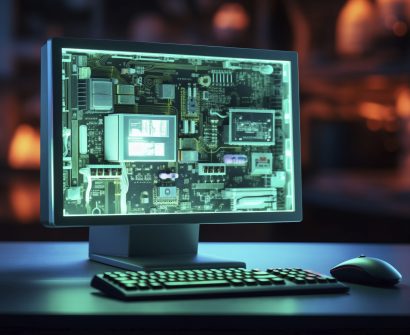
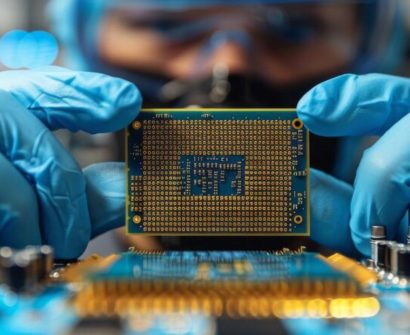
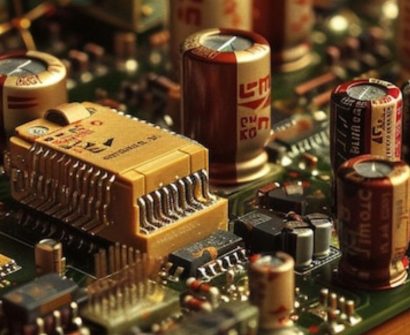
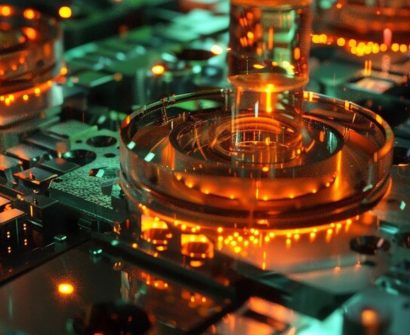

Sunil Kumar Das
I want to know about this Courses
successbridge
Pls Share your contact number to contact you with?